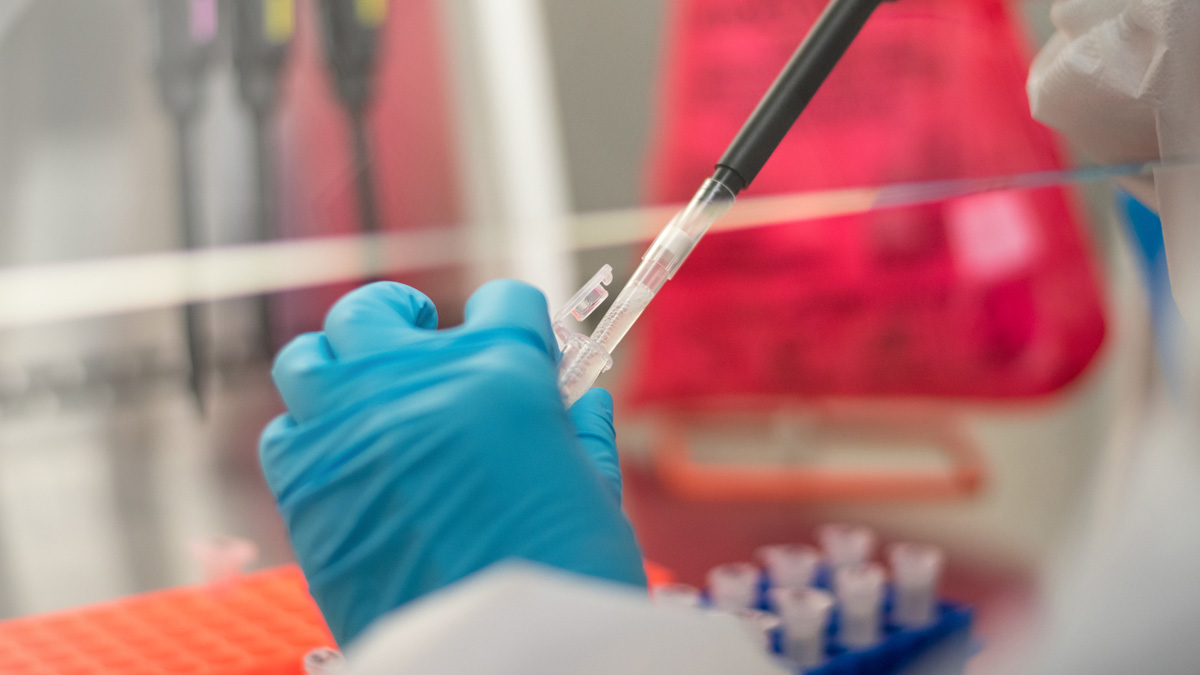NHS Digital awards £8m COVID record contract to X-lab

The UK government agency NHS Digital has awarded an £8m digital system that processes coronavirus test results to healthcare software specialist X-Lab without competition.
According to a tender document, the “extreme urgency brought about by the COVID-19 pandemic situation” justified the decision not to open up the contract to competition.
The document added that the technical demands for the project mean that X-Labs is the only provider capable of fulfilling the contract.
Specialist tech website The Register reported that the contract will be to “deliver the digital service” supporting coronavirus service.
It will require a messaging service allowing pathology labs to communicate so all test results and requests can be processed digitally.
The system will underpin the NHS COVID-19 Test and Trace system known as “pillar 2”, which is based on swab testing for the wider population.
It will also help “pillar 3” testing, which shows whether people have antibodies against COVID-19 after contracting it.
Based in Leeds, X-Lab is a private software company that already has experience with the NHS after building the National Pathology Exchange (NPEx), which ensures coronavirus test results are matched to patient records.
This system links laboratories including private facilities with the NHS Business Services Authority, which informs patients of their test results.
In England, the NPEx links to GP records, using details from NHS Digital or Public Health England.
The IT infrastructure underpinning the UK’s testing system has proved controversial in recent months.
Early in October it emerged that data from “pillar 2” private testing labs had been stored on an Excel spreadsheet.
But limitations on the size of the spreadsheet caused thousands of positive results from the labs hired to provide extra capacity to be omitted from the UK’s official records.
This caused official records to show that numbers of infections were stable or falling when in fact around 16,000 positive results were missing from public records.











